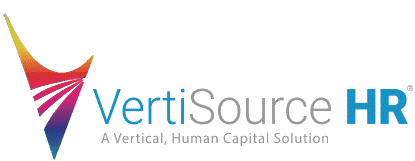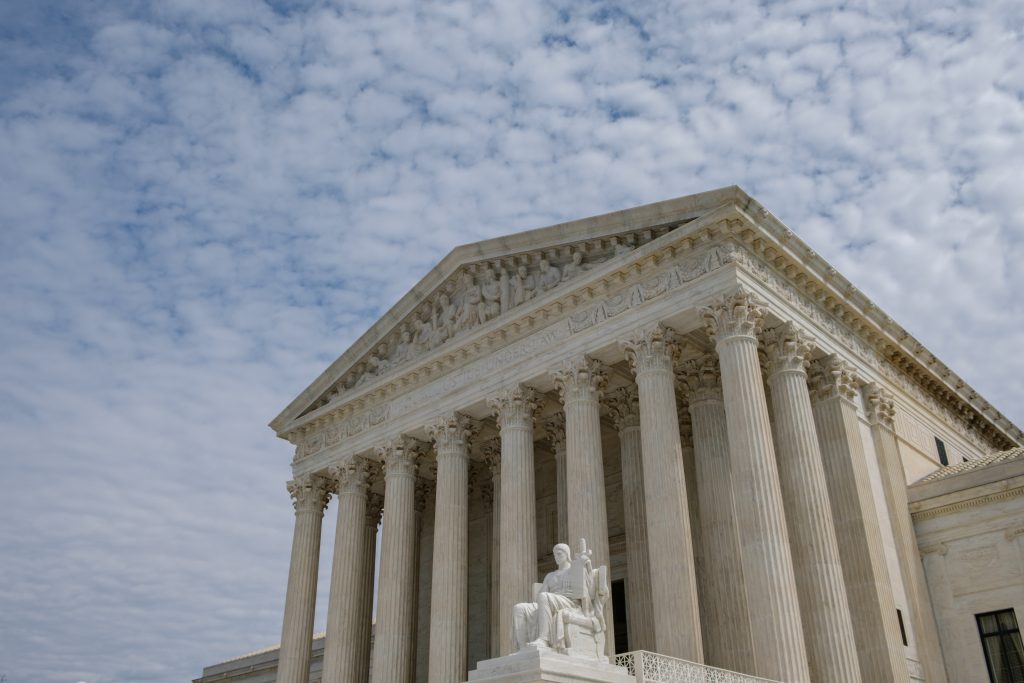A landmark Supreme Court ruling gives employers a powerful tool to fight regulatory overreach. This ruling will impact workplace law in almost every industry.
The SCOTUS Ruling
In June, the SCOTUS overturned the Chevron doctrine, holding that courts may not defer to an agency’s interpretation of an ambiguous federal statute.
What Could This Mean for Pay Data Reporting?
For a while, the EEOC’s effort to collect pay data with annual EEO-1 reports has been controversial. Although there was some change in 2016, the current administration wants to make pay reporting a requirement for private employers with at least 100 employees and federal contractors and first-tier subcontractors with at least 50 employees.
Additionally, the EEOC is expected to have a proposed rule in January 2025; however, it’s predicted that the proposal will face many obstacles from a potential change in implementation after the upcoming election to lawsuits filed by business groups.
This Ruling’s Impact on Federal Contractors
Compliance with federal agencies’ directives can be burdensome for federal contractors. However, with the new ruling, the future can be less burdensome for contractors.
For example, within the contractor community, the OFCCP has always exceeded its authority under the relevant laws and regulations. With Chevron being overturned, the agency withdrew its position on disclosing compensation analyses during audits regardless of attorney-client privilege.
Additionally, OFCCP recently issued a new “scheduling letter. This expanded both the breadth and scope of its compliance evaluations. Although these audits are fairly routine, federal contractors often experience significant disruption to their operations when required to assemble items in response to a scheduling letter.
Are There Any Downsides?
Although employers have received the overturn of Chevron well, this change could still have some downsides.
For example, there is some regulatory uncertainty. With the transition away from Chevron, there could be a period of regulatory flux—but not every agency action will be susceptible to the same kind of attack, as the laws that created the agencies and gave them the power to issue rules are all a little different.
Furthermore, with the overrule, there could be some delays in rulemaking as agencies might be more careful about developing new regulations. Similarly, without a set standard, there could be different statute interpretations in different states—creating a patchwork of compliance requirements nationwide.
How Employers Can Prepare Now
Although Chevron was overruled, the EEOC’s and OFCCP’s current approaches haven’t changed yet. As everyone awaits the expected changes, there are a few things employers can do in preparation.
It’s important for employers and their legal teams to stay informed and updated about potential changes. During this time, it might be a good idea for employers to expand their in-house legal team and actively foster compliance. Also, be an active participant in industry and trade associations. This will allow employers to engage with policymakers and effectively advocate for fairness across industries.


